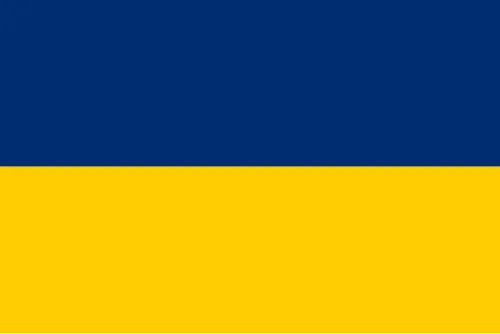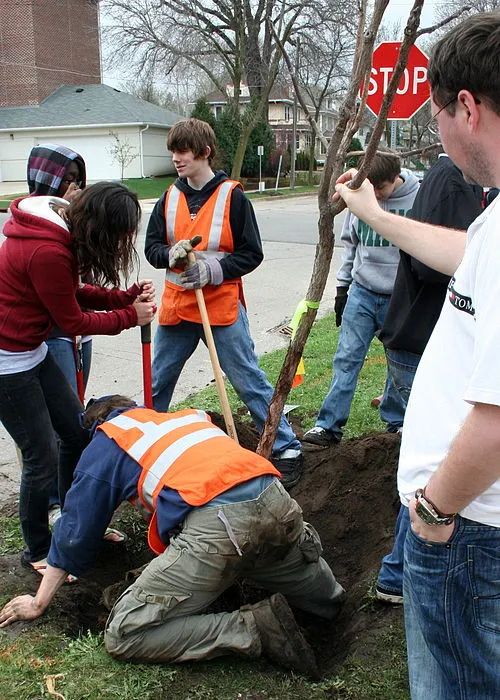
Leopold III Public Holiday: Celebrating History in Lower Austria and Vienna
Leopold III, a significant figure in Austrian history, is commemorated with a public holiday celebrated in Lower Austria and Vienna. This observance is more than just a day off; it recognizes the contributions of this prince, along with promoting cultural heritage and unity among the citizens of these regions.
Who Was Leopold III?
Leopold III, born in 1073, was the Duke of Austria from 1136 until his death in 1136. He is remembered for his role in expanding the territories of the Duchy of Austria and promoting the principles of feudalism in the region. Not only was he a ruler, but Leopold III was also noted for his piety and dedication to improving the lives of his subjects.
The Significance of the Public Holiday
The Leopold III public holiday serves as a reminder of the historical context of Austria and pays homage to its past leaders. It takes place every year on the anniversary of his death, November 15, showcasing the rich traditions and history of Lower Austria. The holiday is not merely a formality; it is celebrated with various activities and events that engage the community.
Cultural Activities and Celebrations
Throughout Lower Austria and Vienna, the Leopold III public holiday is marked by cultural events, educational programs, and festivities. Museums often feature special exhibitions about the medieval period in Austria, focusing on Leopold III's contributions to the region's development. These exhibitions aim to educate the public about Austria's rich history and foster an appreciation for its cultural heritage.
In addition to museum events, local municipalities organize parades, concerts, and traditional folk festivals. These gatherings often showcase regional music, dance, and cuisine, providing an opportunity for both locals and visitors to immerse themselves in Austrian culture.
Public Attitudes towards the Holiday
The holiday is widely supported among the residents of Lower Austria and Vienna. It resonates with those who recognize the importance of history in shaping modern society. Furthermore, it allows citizens to reflect on their cultural identity and the values embodied by figures like Leopold III. Schools often participate by organizing activities that highlight historical lessons, enabling younger generations to connect with their heritage.
The Economic Impact
The Leopold III public holiday also brings economic benefits to the region. With many events attracting tourists, local businesses experience an uptick in commerce. Hotels, restaurants, and shops prepare for influxes of visitors, contributing to the local economy. This holiday encourages the preservation of traditions while simultaneously supporting the region’s economic growth.
Conclusion
Leopold III's public holiday in Lower Austria and Vienna is a meaningful observance that connects the past with the present. It encompasses history, culture, and community spirit, allowing citizens to celebrate their cultural legacy while promoting unity and understanding among diverse groups. As the holiday continues to evolve, it remains an essential aspect of Austrian cultural life, ensuring that the contributions of historical figures like Leopold III are not forgotten.






